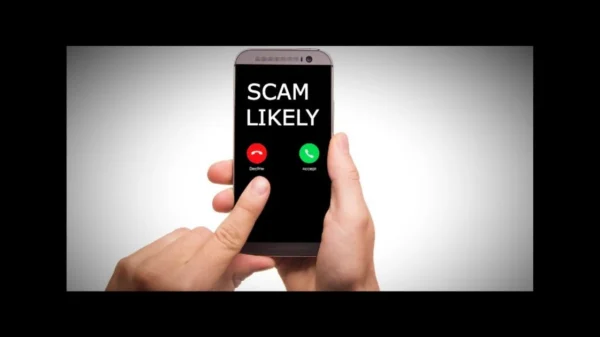This week, Florida Attorney General Ashley Moody warned consumers about hackers taking advantage of the increase in mobile payment app usage.
The COVID-19 pandemic may have prompted more people to use mobile payments rather than transfer cash, or even credit cards, between individuals to prevent the spread of germs. In 2019, 64 million individuals in the United States used peer-to-peer mobile payments. There are now more than 92 million individuals using peer-to-peer mobile payments and that number is expected to surpass 100 million by the end of 2021. More than 25 percent of all point-of-sale transactions in 2020 were made using a mobile wallet. This increase of mobile payments could continue with the holidays approaching.
“Mobile payment app usage is on the rise and with the rapid increase in the popularity of these apps, comes the potential for hackers and scammers to attempt to interrupt transactions. Please be careful when using these apps and take steps to ensure the money you are sending goes to the intended recipient and not to a scammer,” Moody said.
According to reports, a retired couple from Boynton Beach were victims of a mobile payment app hack. A hacker registered the couple for a Venmo account without the couple’s knowledge and siphoned off $1,500 a week until the bank account was completely drained.
To prevent mobile payment app hacks, Moody provided the following tips to help Floridians use mobile payment apps safely and securely:
Create a second bank account with limited funds to connect to mobile payment applications;
Register a credit card rather than a bank account or a debit card as credit cards provide extra user protections;
Regularly review financial statements to check for signs of fraudulent transactions; and
Verify that money being sent is going to the correct recipient.
In August, Moody issued a Consumer Alert warning Floridians about a new malware attack targeting mobile phones—giving scammers the ability to steal sensitive information, including banking credentials.





















